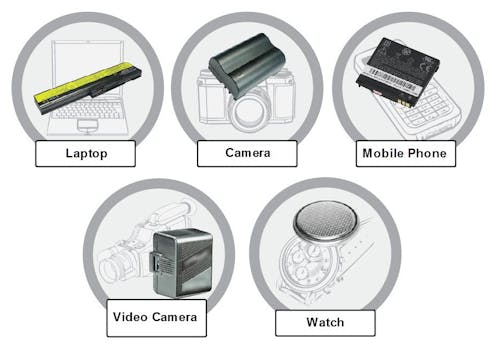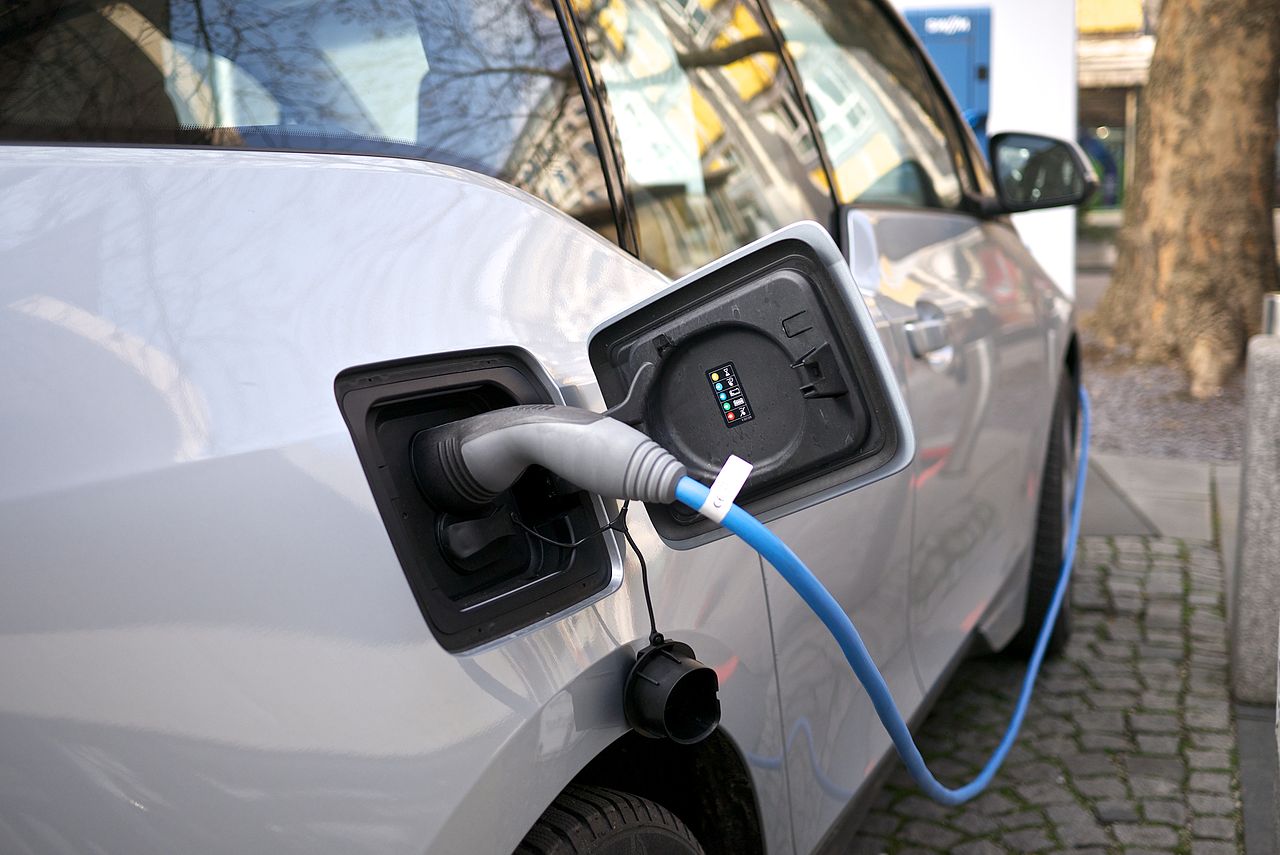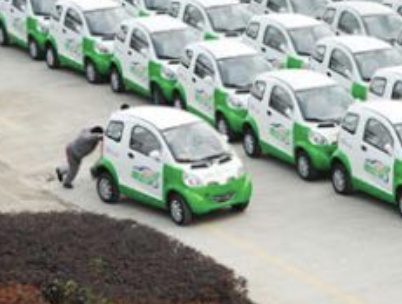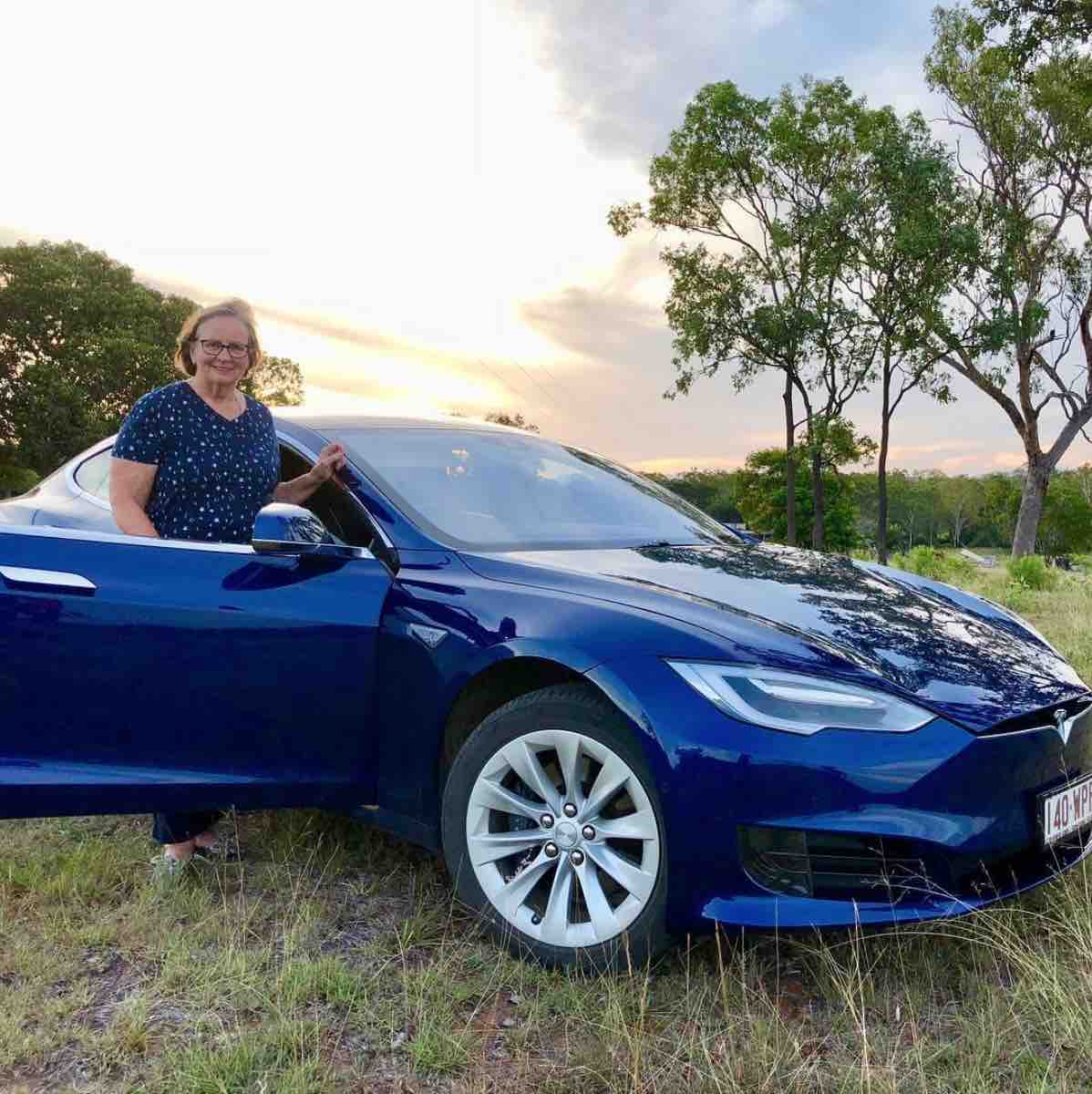This is an interesting way of putting it. Fuel cells take the same inputs as an engine that burns fuel and all produce some useful energy, some waste heat and some byproducts. Hydrogen ( whether used in fuel cell or Internal Combustion Engine), battery and hydrocarbon fuels all store chemical energy, none of these technologies actually store electricity directly as (for example) a capacitor does.
So this statement "Unlike petrol, hydrogen does not actually fuel the vehicle, but acts as a storage medium for electrical energy like a battery. " is wrong on two counts. Firstly hydrogen does fuel the vehicle and secondly the battery does not store electrical energy. Journalists should not write about matters that they do not understand.
For simplicity compare the hydrogen fuel cell engine to the hydrogen burning ICE. Both take in hydrogen as fuel and add oxygen from the air. Both produce mechanical energy to move the car, waste heat and water. In both cases electrons are transferred from hydrogen to oxygen.
This stripping hydrogen of electrons (acting as a reducing agent) also happens with burning hydrocarbon fuels with oxygen (acting as an oxidising agent). So burning petrol is the same process as the other two from a oxidation-reduction point of view.
For the two hydrogen engines the difference is the process in between the same inputs going in and the outputs coming out.
H2 Fuel cell
H2 + O2 —> [(cell) ----> electricity ----> (electric motor)] ----> turns crank shaft + H2O + heat
H2 ICE
H2 + O2 —> [(ICE)] ----> turns crank shaft + H2O + heat
Note the chemistry is grossly simplified.
You can write the same sort of schematics for burning hydrocarbons as you can for burning hydrogen in an ICE. The format and processes are very similar but if you burn a hydrocarbon (generically CxHy) you must get some CO2 as an output too. If you don’t want CO2 to be released you must not burn hydrocarbons.
Assuming you are going to use hydrogen as a fuel choosing between fuel cell and ICE tech (there are both types of vehicles in production) you may want to consider things like efficiency, safety, cost etc but misrepresenting fuel cell tech, as the journalist has done, only confuses.






 maybe he’s just trying to close the rear hatch … they can be troublesome at times I guess …
maybe he’s just trying to close the rear hatch … they can be troublesome at times I guess …
